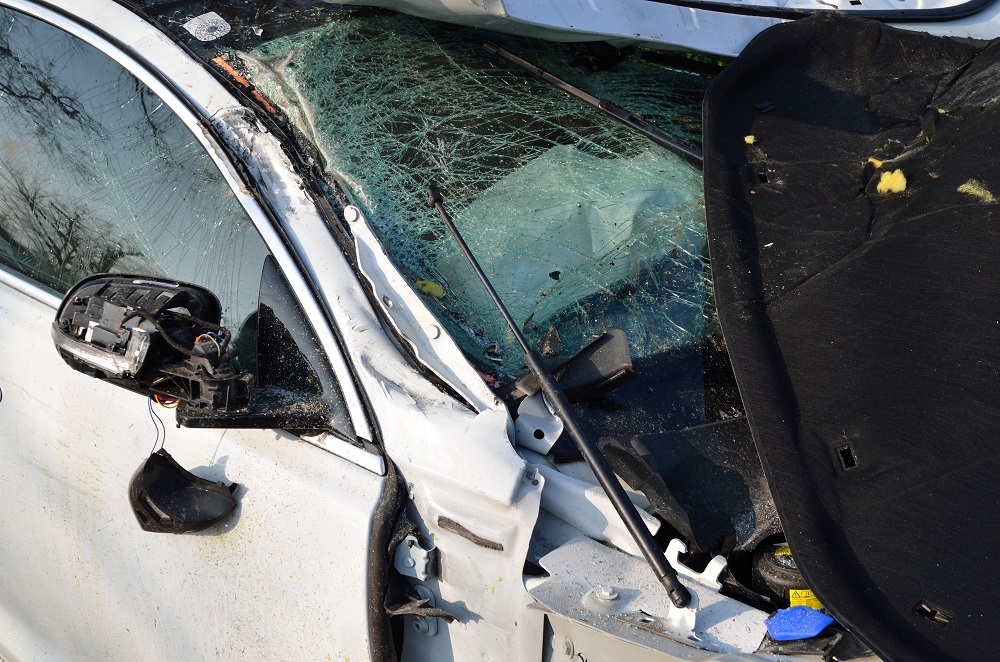Experiencing an auto accident can be a traumatic event that leaves lasting physical and emotional scars. Alongside the physical injuries, many individuals also suffer from anxiety and stress following such incidents. The aftermath of an auto accident can be overwhelming, but there are ways to manage anxiety and stress effectively. In this article, we will explore practical tips to help you navigate through the challenges of anxiety after an auto accident injury, allowing you to focus on healing and restoring your well-being.
Managing Post-Accident Anxiety: Practical Tips for Recovery
Understanding Post-Accident Anxiety:
It’s essential to recognize that experiencing anxiety after an auto accident is a common reaction. The sudden impact, the fear of injury or death, and the chaos of the situation can all contribute to feelings of anxiety and stress. Additionally, the uncertainty surrounding the aftermath, such as dealing with insurance claims, medical bills, and vehicle repairs, can further exacerbate these emotions.
1. Seek Professional Help:One of the most crucial steps in managing post-accident anxiety is seeking professional help. Consulting with a therapist or counselor who specializes in trauma can provide invaluable support and guidance. They can help you process your emotions, develop coping strategies, and work through any lingering trauma resulting from the accident. Additionally, a mental health professional can offer techniques such as cognitive-behavioral therapy (CBT) or mindfulness-based stress reduction (MBSR) to help you manage anxiety symptoms effectively.
2. Practice Self-Care:Engaging in self-care activities is essential for promoting mental and emotional well-being after an auto accident. Make self-care a priority by setting aside time each day to focus on activities that bring you comfort and relaxation. This could include practicing mindfulness or meditation, taking soothing baths, spending time in nature, or engaging in creative outlets such as writing or painting. Prioritizing self-care can help alleviate stress and promote a sense of calmness during the recovery process.
3. Stay Connected:Isolation can worsen feelings of anxiety and depression following an auto accident. Instead, make an effort to stay connected with supportive friends and family members. Surround yourself with loved ones who can offer encouragement, understanding, and a listening ear. Sharing your feelings and experiences with others can help alleviate the burden of anxiety and provide a sense of validation and comfort. If in-person interactions are challenging, consider joining online support groups or forums where you can connect with others who have experienced similar situations.
4. Focus on Physical Health:Physical well-being plays a significant role in managing anxiety after an auto accident injury. Make sure to prioritize your physical health by following your healthcare provider’s recommendations for recovery. This may include attending physical therapy sessions, practicing gentle exercises such as yoga or walking, and eating a balanced diet to support healing. Engaging in regular physical activity releases endorphins, which can improve mood and reduce feelings of anxiety. Additionally, getting an adequate amount of sleep is crucial for overall well-being, so establish a relaxing bedtime routine to promote restful sleep.
5. Limit Exposure to Triggers: Certain triggers may exacerbate feelings of anxiety and stress following an auto accident. These triggers could include revisiting the scene of the accident, watching news reports about similar accidents, or driving past the location where the incident occurred. While it may not be possible to avoid all triggers, try to limit your exposure to them as much as possible. If certain activities or situations cause significant distress, consider avoiding them altogether or seeking support from a mental health professional to develop coping strategies.
6.Practice Relaxation Techniques:Incorporating relaxation techniques into your daily routine can help reduce feelings of anxiety and promote a sense of calmness. Deep breathing exercises, progressive muscle relaxation, and guided imagery are all effective relaxation techniques that you can practice anywhere, anytime. Set aside a few minutes each day to engage in these activities, especially during times when you feel overwhelmed or stressed. Over time, regular practice can help train your body to respond more calmly to stressors, reducing overall anxiety levels.
7. Stay Organized:The aftermath of an auto accident can often feel chaotic and overwhelming, especially when dealing with insurance claims, medical appointments, and other logistical matters. Staying organized can help alleviate some of this stress. Keep track of important documents, such as medical records and insurance paperwork, in a designated folder or file. Create to-do lists and prioritize tasks to ensure that you stay on top of your responsibilities. By staying organized, you can regain a sense of control over your situation and reduce feelings of anxiety and uncertainty.
Overcome Post-Accident Anxiety: Reach Out for Expert Support Today
Managing anxiety after an auto accident injury is a challenging but essential part of the recovery process. By seeking professional help, practicing self-care, staying connected with supportive individuals, prioritizing physical health, limiting exposure to triggers, practicing relaxation techniques, and staying organized, you can effectively manage your anxiety and work towards healing and recovery. Remember to be patient with yourself and give yourself the time and space you need to heal both physically and emotionally. With time and support, you can overcome post-accident anxiety and regain a sense of peace and well-being. Are you struggling with anxiety after an auto accident injury? Don’t suffer in silence! Reach out to Dr Jeff Steinberg MD at (954) 329-0053 for expert guidance and support.

